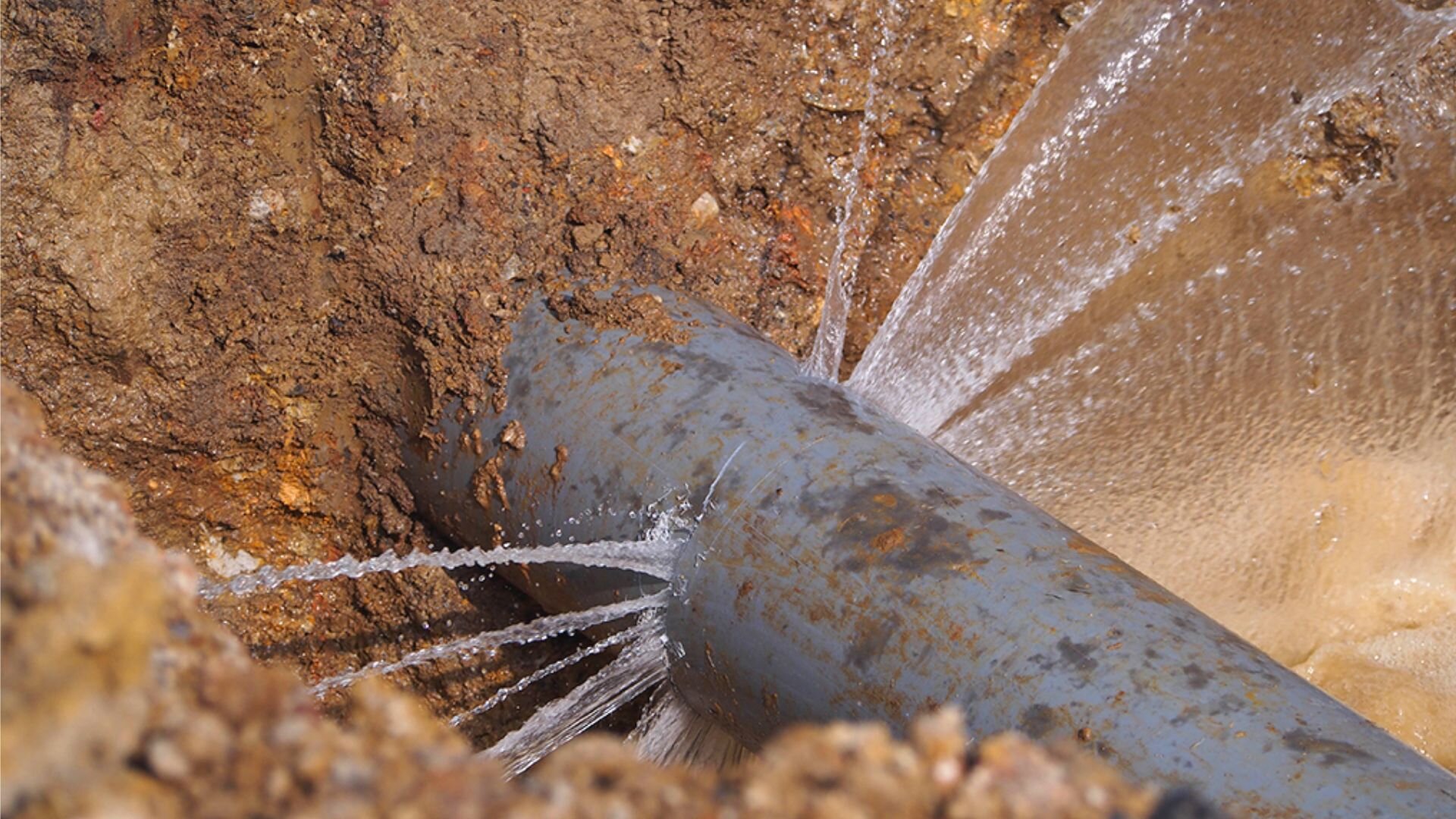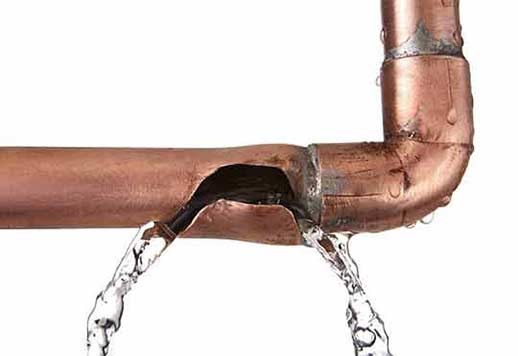Protecting Against Ruptured Water Lines: Essential Tips to Secure Your Plumbing
Stopping burst pipelines is an essential issue for homeowners, specifically throughout cooler months when the danger of cold is increased. Implementing strategic actions such as appropriate insulation, routine evaluations, and maintaining consistent indoor temperatures can substantially minimize the possibility of pipeline failure.
Understand Pipeline Vulnerabilities
Understanding pipe susceptabilities is essential for reliable plumbing upkeep and stopping pricey damages. Several factors contribute to the susceptibility of pipes to ruptureds, including product composition, age, and ecological conditions. Older pipelines, especially those made from galvanized steel or polybutylene, often break down over time, resulting in increased danger of leakages and ruptures.
Temperature changes can also dramatically effect pipe honesty. In colder environments, water trapped in pipes can ice up, exerting and expanding stress on the pipeline walls, which may ultimately result in a burst. High water pressure can strain pipes, specifically at bends and joints, heightening the possibility of failure.

Insulate Water Lines Properly
Appropriate insulation of pipes is vital for stopping cold and subsequent bursts during winter (burst pipe). Insulating your plumbing system successfully safeguards against temperature drops that can cause pricey damages. Begin by determining vulnerable locations where pipes are exposed to outdoor temperatures, such as cellars, attic rooms, and exterior wall surfaces
Usage foam pipe insulation sleeves or wrap insulation tape around these areas to provide a safety barrier. Make sure that all areas of the pipelines, specifically those with limited warm direct exposure, obtain ample insulation. Pay unique attention to fittings and joints, as these are a lot more prone to freezing.
When insulating, it's important to pick products that satisfy regional building regulations and are ideal for the particular environment. Fiberglass insulation is frequently recommended for its thermal resistance residential or commercial properties. Furthermore, think about using warm wires or tape in extreme problems, which can be plugged in to provide extra heat
Regularly check insulated pipelines for any signs of wear or damages, as endangered insulation can decrease its efficiency. By taking these positive steps, you significantly lower the risk of pipeline ruptureds, making certain a reliable pipes system throughout the winter season.
Maintain Constant Temperature
A steady indoor temperature level is vital for preventing ruptured pipes during the cold months. When temperatures decrease, water within pipelines can ice up, developing and increasing stress that might ultimately trigger the pipelines to ruptured. To alleviate this risk, home owners must maintain a constant temperature throughout their living room, ideally no reduced than 55 ° F(13 ° C)Utilizing a programmable thermostat can aid handle indoor temperature levels efficiently, ensuring that rooms with plumbing stay cozy also when your house is unoccupied. Pay special interest to areas that are more vulnerable to cold, such as basements, attics, and garages. Keeping cupboard doors open under sinks can additionally permit warmer air from the home to flow around plumbing.
In enhancement, it is sensible to enable faucets to drip slightly during extreme chilly spells. This minor flow of water can stop cold by easing stress within the pipelines. Moreover, during particularly severe weather events, consider briefly putting on hold any type of nighttime problems on your Read More Here thermostat to maintain a consistent warm setting. By executing these approaches, home owners can substantially lower the risk of pipeline ruptureds and protect their plumbing systems against the harsh winter components.
Consistently Examine Plumbing
Normal inspections of plumbing systems are essential for preventing ruptured pipes and keeping overall home stability. During these evaluations, it is necessary to examine visible pipes for indications of rust, leakages, or wear.
Additionally, evaluating joints and connections is essential, as these points are often at risk to leaks. House owners need to also evaluate water stress degrees, as extreme pressure can stress the pipes system and boost the threat of pipeline ruptureds.
Take into consideration organizing expert plumbing examinations at the very least once a year, especially prior to winter months, to guarantee your system is prepared for colder temperatures. By being proactive in your strategy, you can secure your home against the disruptive and expensive effects of ruptured pipes.
Know Emergency Situation Treatments
Understanding emergency situation procedures is important for every house owner, especially after performing normal pipes evaluations. Being prepared for a plumbing emergency situation can significantly alleviate damages and conserve costs.
Following, keep necessary devices helpful. A pipes emergency situation set must include a wrench, bettor, next and towels, as well as a flashlight and a bucket for tiny leaks. Furthermore, take into consideration having the get in touch with details for a trusted plumbing conveniently available, needs to the circumstance rise beyond your control.
If you discover a leak or burst pipeline, immediately switch off the water and inform your plumber. Moreover, document the damage with photographs for insurance policy objectives. burst pipe. Be aware of the signs of prospective pipes concerns, such as unusual water pressure changes or damp areas on walls
Ultimately, proactive knowledge and speedy activity are crucial in handling plumbing emergency situations, ensuring your home stays secured and lessening potential damages.

Final Thought
In final thought, preventing burst pipelines requires a complex technique that includes understanding pipeline vulnerabilities, proper insulation, keeping consistent indoor temperatures, routine inspections, and understanding of emergency situation procedures. By applying these important strategies, the threat of pipes failures can be significantly lowered, therefore guaranteeing the longevity and performance of the plumbing system. Aggressive steps not only safeguard versus possible damages yet additionally add to overall water preservation and the security of residential or commercial property.
In chillier climates, water entraped in pipes can ice up, expanding and exerting stress on the pipe wall surfaces, which might eventually lead to a burst. When temperatures decrease, water within pipes can ice up, increasing and developing stress that may inevitably trigger the pipes to ruptured. By carrying out these methods, home owners can substantially minimize the threat of pipeline ruptureds and safeguard their plumbing systems versus the harsh winter months elements.
